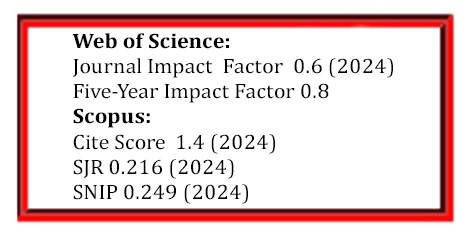Investigation of Shale Ashes Influences on the Self-Compacting Concrete Properties
Keywords:
self-compacting concrete, fly ashes, shale ashes, spread, segregation, shrinkageAbstract
This work presents study of the influence of shale ashes on the cement paste hydration processes, cement stone and self-compacting concrete properties, when cement was replaced by shale ashes (from 5 % to 100 %). It was estimated, that replacement of 30 % of cement mass by shale ashes does not change water demand to obtain the normal consistence of cement paste and the replacement of 15 % of the cement mass even reduced the water demand. The results show that the compressive strength of the cement stone increases up to 4 % and the bending strength increases up to 26 % when 30 % of cement is replaced by shale ashes. During pozzolanic reaction they bind with free Ca(OH)2 form and compose new calcium hydro silicates.
When admixture of shale ashes is used in self-compacting concrete production, segregation and bleeding decreases. The experiment showed that in the initial period (up to 3 days) shale ashes slightly retard the hardening of concrete. However, after 28 days the strength of concrete stone was higher compared to concrete without ashes and this strength increased with time. As shale ashes are 1.6 times finer than Portland cement, it improves concrete structure, increases the compressive strength, density and modulus of elasticity, and decreases shrinking strains. The comparison of the same design class concrete showed that compressive strength and static modulus of elasticity of concrete increases by about 15 % when 14.5 % cement was replaced with shale ashes.
Downloads
Published
Issue
Section
License
The copyrights for articles in this journal are retained by the author(s), with first publication rights granted to the journal. By virtue of their appearance in this open-access journal, articles are free to use with proper attribution in educational and other non-commercial settings.



